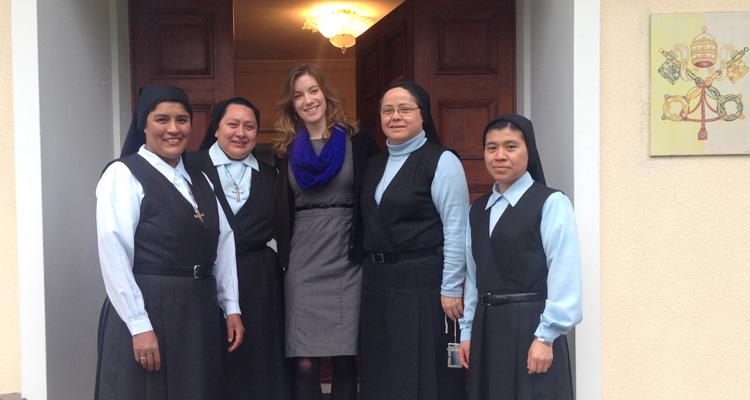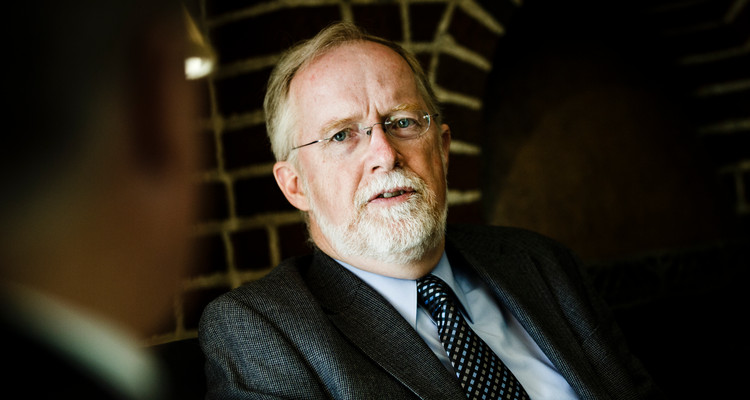I was blessed to live and work in Geneva, Switzerland, last semester at the Caritas in Veritate Foundation, a branch of the Holy See’s Mission at the United Nations. My position was established to help provide intellectual support for the Vatican Delegate and representatives as well as to make the Catholic Church’s view more understandable, accessible and visible. As a part of my work, I assisted in researching, writing and gathering expertise on current, crucial issues in the public sphere that were in some way relevant to both the Catholic Church’s moral teaching and the U.N. agenda.
Part of my role in Geneva was to research and edit one of the Caritas in Veritate’s annual working papers titled, “Creating a Future: Family as the Fabric of Society,” which focused on the foundational importance of the family for the development of society. The “family” is a topic often undervalued and misunderstood in the public and private sectors of contemporary society; as a result, we sought to explore various ways that adopting a family-based perspective on development issues can assist in reorienting our prioritization of the family, particularly within the international forum.
In this paper, we focused on the way the international community approaches migration, poverty and business. The U.N. structure often focuses on individuals and nations while overlooking that family relationships are at the core of societal operations, that migration takes place within the context of family relations, that family is the most important network for mitigating poverty, and that good business practices mirror and overflow from family values.
In writing this paper we hoped to stir individuals and communities to reflect further on the need to engage in a dialogue concerning the definition of the family and the prospect of adopting a family approach to many of the current developmental challenges in international affairs.
Catholic Studies forms, equips and ennobles its students to engage the richness of the Catholic intellectual tradition while applying it to contemporary, even global issues. I have become more convinced that we, as Catholics, have a responsibility to understand and articulate the truths of Church teaching if we are to succeed in engaging the public.
Throughout my time living and researching in Geneva, I came to recognize the immense role that the Catholic Church can and does play in the global community, but I also realized that this influence needs to be fostered in the most humble yet far reaching of places: the family.
Read more from Perspectives.





